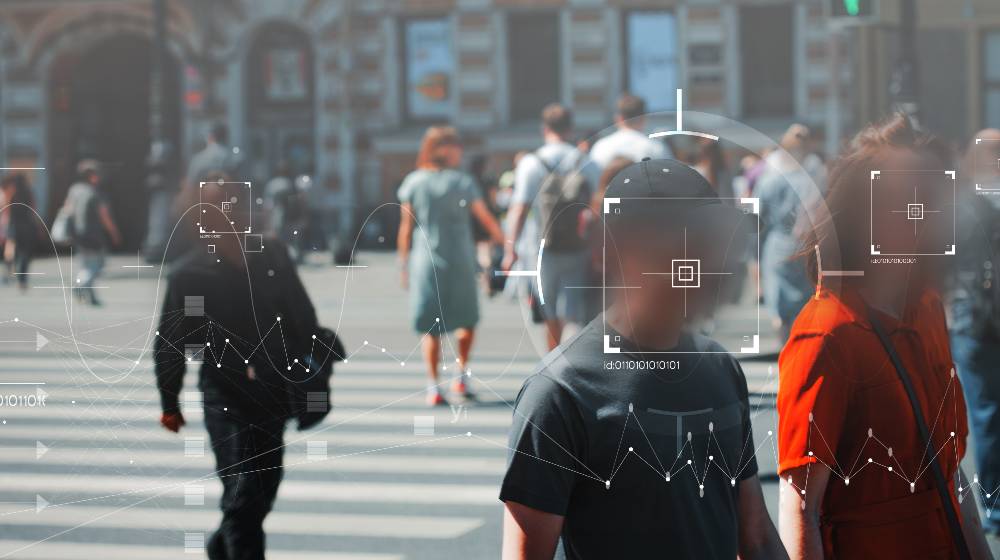News
IRS to Stop Using Facial Recognition To Verify Taxpayers

On Monday, the US Internal Revenue Service (IRS) announced that it will stop using facial recognition technology to verify taxpayers.
This decision follows a strong backlash among taxpayers, lawmakers, and privacy advocates. Many felt that assigning a third-party company to gather private information from taxpayers poses a security and privacy threat.
RELATED: Venmo, PayPal and Cash App To Report Transactions Exceeding $600 to IRS
IRS To Stop Using Facial Recognition To Verify Taxpayers

The IRS said that it will cease using facial recognition technology to verify taxpayers applying for online accounts. The shift away from the controversial software will occur over the coming weeks.
This is to avoid disruptions during the busy tax season, which is already facing backlogs due to the pandemic.
The IRS requires account applicants to upload an ID along with a selfie holding the ID or chatting with an agent.
Many civil liberties groups voiced concern over the practice. Hackers can access the database of accounts and steal lots of personal information.
Privacy Concerns
Also on Monday, four congressional Democrats wrote to IRS Commissioner Chuck Rettig. They urged the IRS to suspend the use of facial recognition software.
In particular, they cited concerns about privacy and data security. In addition, they also said that the requirements marginalize taxpayers with no internet access.
As an example, the letter pointed to a 2019 hacking incident where hackers broke into a government contractor’s computer. As a result, the ensuing leak exposed thousands of Americans’ faces and license plates.
‘IRS Takes Privacy Seriously’
Meanwhile, the IRS said that it will move away from using third-party facial recognition technology. In addition, the agency said it will develop an additional authentication process that does not involve facial scanning.
However, the IRS did not specify what technology the process would involve. In a statement, Commissioner Rettig assured taxpayers that the IRS takes privacy and security seriously.
“Everyone should feel comfortable with how their personal information is secured,” he said. “We are quickly pursuing short-term options that do not involve facial recognition.”
Additionally, an IRS spokesperson said that the agency has long wanted to beef up its security systems. However, they lack support from Congress for funding their planned technological upgrades.
Recently, the IRS announced a partnership with ID.me for facial recognition authentication. The process received little notice until security researcher Brian Krebs demonstrated the IRS requirement.
He showed how to verify his identity by uploading documents, taking a selfie, and connecting to an agent via video chat.
Facial Recognition Is a Flawed Technology
Many civil rights advocates long pointed out that facial recognition remains a flawed technology. People with darker skin tones often result in less accurate results.
Additionally, critics say that using ID.me requires high-speed internet access, which many Americans still do not have.
ID.me CEO Blake Hall defended his company’s software. He said that ID.me’s system remains more inclusive than other options.
For example, many systems won’t verify taxpayers without a credit report. “What we're doing is simply the digital equivalent of what every American does to open up a bank account,” Hall said.
Watch the Accounting Instruction, Help, & How To video reporting that the IRS announces transition away from the use of third-party verification involving facial recognition:
Do you agree or disagree with using facial recognition to verify taxpayers? Why or why not? Tell us what you think about facial recognition software in general.
Share your thoughts in the comments section below.















